Description
The Web changes how people use content; not just content on the Web, but all content. If your content is not easy to find and immediately helpful, readers will move on almost at once. We are all children of the Web, and we come to any information system, including product documentation, looking for the search box and expecting every search to work like Google. There is no first, last, previous, next, up, or back anymore. Every Page is Page One.
For technical communicators, this Every Page is Page One environment presents a unique challenge: How do you cover a large and complex product using only topics, and how do you enable your readers to find and navigate topic-based content effectively?
In this ground-breaking book, Mark Baker looks beyond the usual advice on writing for the Web, and beyond the idea of topic-based writing merely as an aid to efficiency and reuse, to explore how readers really use information in the age of the Web and to lay out an approach to planning, creating, managing, and organizing topic-based documentation that really works for the reader.
Contents
Here is a compact version of the outline. For a full, annotated version, go to Mark’s blog: http://everypageispageone.com.
- Foreword by Scott Abel
- Preface: In the Context of the Web
- Part I: Content in the Context of the Web
- Include it all. Filter it afterward.
- The Distributed Nature of Content on the Web
- Information Architecture Top Down
- Information Architecture Bottom Up
- Part II: Characteristics of Every Page is Page One topics
- What is a Topic?
- EPPO Topics are Self-contained
- EPPO Topics have a Specific and Limited Purpose
- EPPO Topics Conform to a Type
- EPPO Topics Establish their Context
- EPPO Topics Assume the Reader is Qualified
- EPPO Topics Stay on One Level
- EPPO Topics Are the Narrative Minim
- EPPO Topics Link Richly
- Part III: Writing Every Page is Page One Topics
- Writing Every Page is Page One Topics
- Every Page is Page One Topics and the Big Picture
- Sequence of Tasks vs. Sequence of Topics
- EPPO and Minimalism
- Structured Writing
- Metadata
- Linking
- Reuse
- Making the Case for Every Page is Page One
- Afterword: EPPO, but Not for Everything
- Glossary
- Bibliography
- Index
About the Author
Mark Baker is the author of Structured Writing: Rhetoric and Process as well as other books on content and content technologies and dozens of articles on technical communication, content strategy, and structured writing.
Mark practiced and implemented structured writing from the SGML days and gave his first paper on topic-based authoring at SGML 95, under the title “Component Based Information Development.” His positions included Manager of Information Engineering Methods at Nortel and Director of Communications for SGML pioneer OmniMark Technologies.
Now retired from technical communication, and, writing as G. M. Baker, he seeks to revive the serious popular novel, the kind of story that finds the truth of the human condition in action, adventure, romance, and even magic. He is the author of the historical novel series Cuthbert’s People (The Wistful and the Good, St. Agnes and the Selkie, The Needle of Avocation) and the literary fairy-tale Lady Isabel and the Elf Knight. He writes the newsletter, Stories All the Way Down, which examines serious popular fiction in theory and practice. Subscribe at https://gmbaker.substack.com.
Mark’s technical communication blog is archived at https://everypageispageone.com/.
Editorial Reviews
“It completely changed how I am structuring our online help.”
— Corey Romanski
“I love this book. It (along with Baker’s blog) has completely changed the way I write software documentation.”
— Helen Abbott, Review on Amazon.
“Mark Baker captures an essential shift in the way we need to think about creating content for the Web. It belongs on the short shelf of technical-communication classics.”
— Marcia R. Johnston, Author of Word Up! How to Write Powerful Sentences and Paragraphs, From her review on Amazon
Only logged in customers who have purchased this product may leave a review.
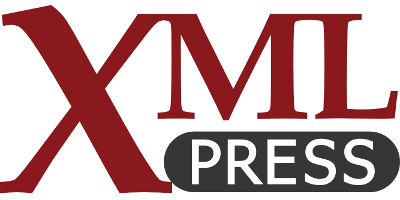
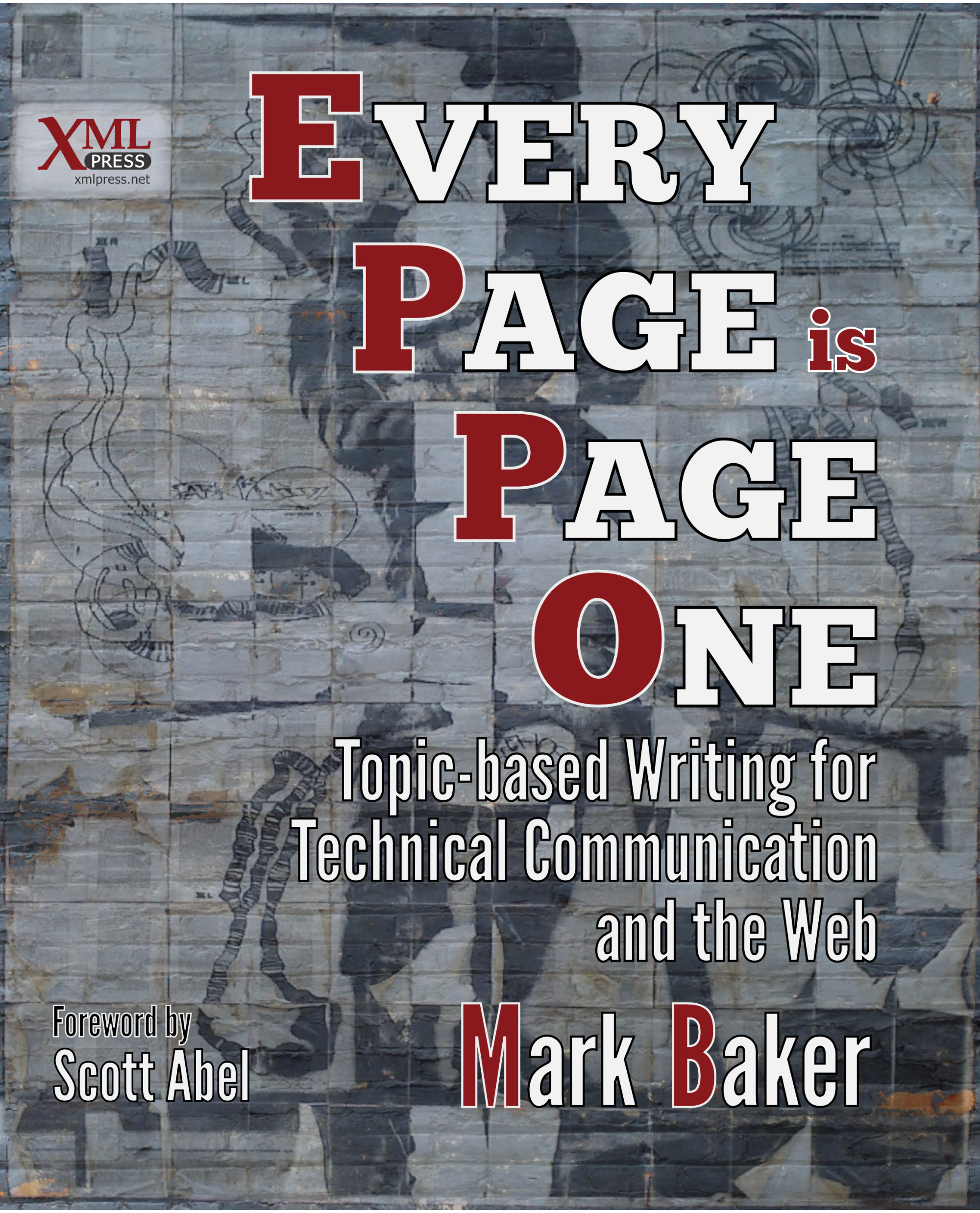
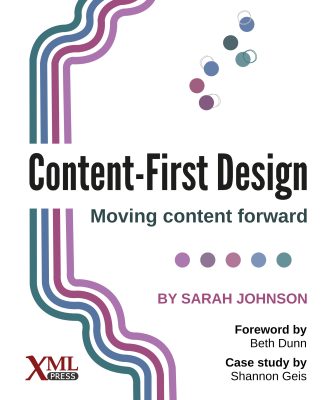
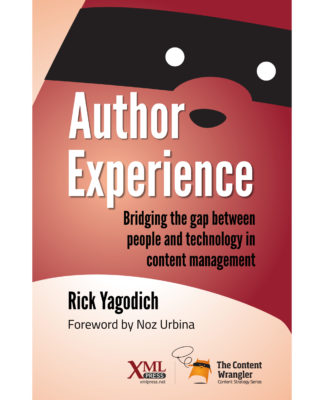
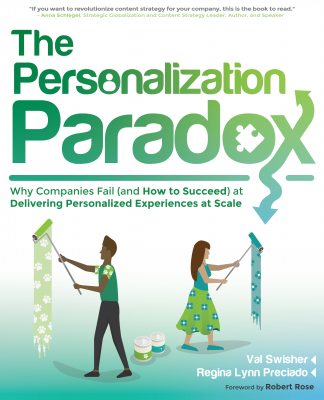
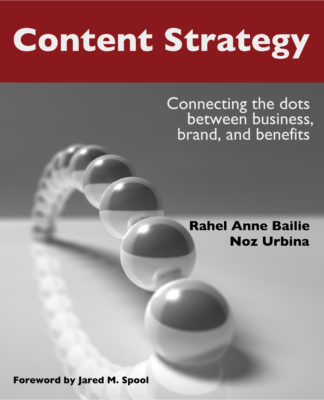
Reviews
There are no reviews yet.